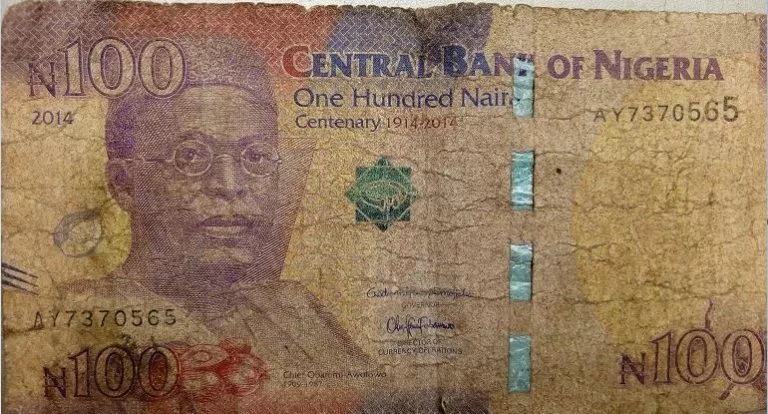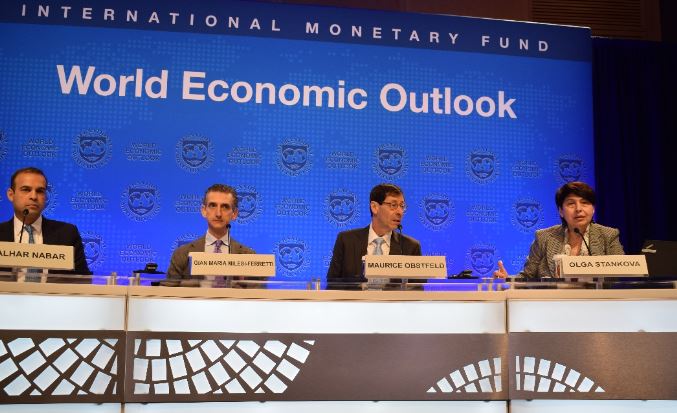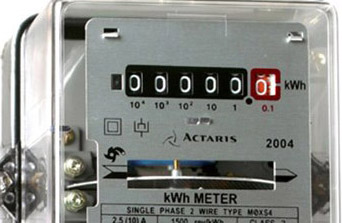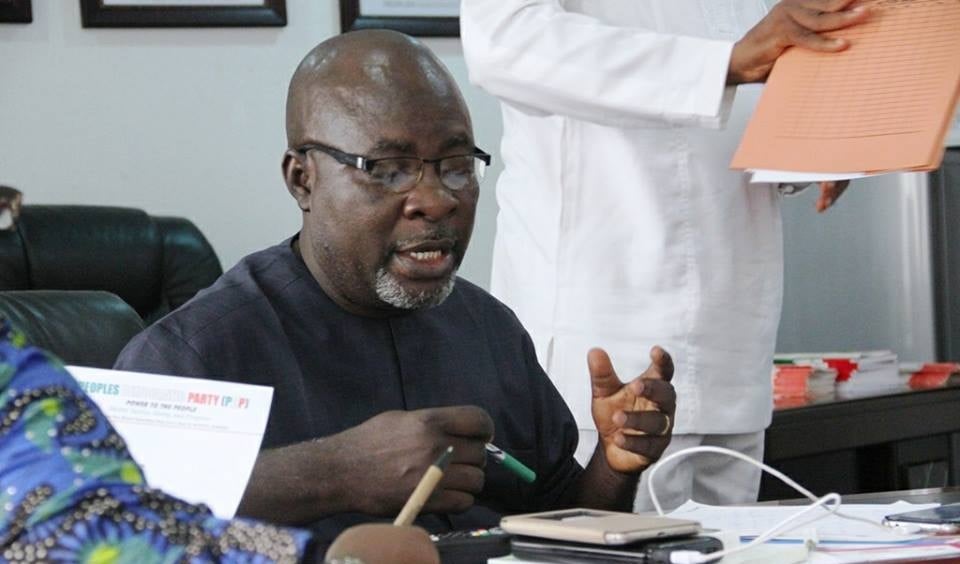The Muslim Rights Concern (MURIC) has asked the federal government to withdraw from circulation, the N100 notes printed during the administration of former President Goodluck Jonathan.
In a statement by Ishaq Akintola, its director, the group alleged that the N100 notes of Jonathan government were inferior and had no Arabic Ajami inscriptions.
Akintola claimed that the removal of the inscription was a form of “ethnic cleansing” aimed at discouraging the learning and use of Arabic language in Nigeria.
-
WHAT IS AJAMI?
Ajami refers to Arabic alphabets used for writing African languages, especially those of Hausa and Swahili. It is considered an Arabic-derived African writing system. Since African languages involve phonetic sounds and systems different from the Arabic language, there have often been adaptations of the Arabic script to transcribe them.
Advertisement
MURIC wondered why Ajami was removed from some notes with the assumption of office by a Christian president.
“It was not the first time this would happen. Arabic inscriptions which have always been on Nigerian currency since independence were unceremoniously removed in 2005 from N5, N10, N20 and N50 denominations during the reign of Olusegun Obasanjo,” the statement read.
“But Nigerians need to know that this move was calculated to hurt the Muslim population and may end up as a disservice to the nation.
Advertisement
“The average northerner cannot read any other script except in Arabic Ajami and anyone who wants to communicate with him effectively must use the Ajami, not even writings in Hausa language can help in this matter.
“Millions of northerners have therefore been marginalised by removing the Arabic Ajami. Currencies worldwide are designed to suit each nation’s culture and history. Incidentally, Nigeria is a multireligious entity. In this case, therefore, our cultural and religious homogeneity should be the criteria, particularly when designing our banknotes, our stamps, etc.
“We are all taxpayers and to that extent we all deserve representation.”
It further described the N100 bank note, officially issued on December 19, 2014, by the Jonathan administration, as inferior and of low quality.
Advertisement
“Nigerians consider Jonathan’s N100 note inferior to others printed earlier. It is of very low quality. It tears easily. It lacks second-hand value. It grows soft and fragile with time, thereby making it difficult to handle or fold in people’s pockets or wallets,” the statement read.
“It has therefore failed as a veritable means of exchange. Placed side by side with the old N100 note which still has the Arabic Ajami inscription and which is still in circulation, Jonathan’s N100 shrinks into oblivion.”
The group, therefore, demanded that the notes without the inscriptions be withdrawn from circulation and replaced with ones with the Arabi Ajimi.
“MURIC demands the withdrawal of Jonathan’s N100 note from circulation and the reinstatement of Arabic Ajami on N200, N500 and N1,000 denominations.
Advertisement
“We affirm that Jonathan’s N100 note was a scam. We therefore call for a probe. We warn against any attempt by any future Nigerian leader to remove Arabic Ajami from the few remaining denominations.”
The N100 note was introduced in 1999 when Obasanjo was in power.
Advertisement
Add a comment







